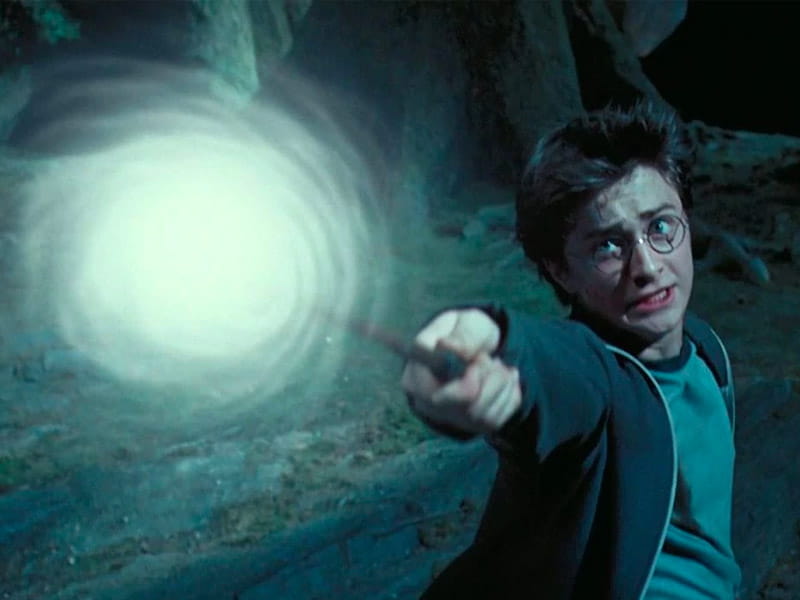Life is not easy for them, however, since the Tribulation is the time when the Antichrist rises to power, and Earth is visited by wars, plagues, and natural disasters. "The Mark" shows just how tough things have become. In the last book, "The Indwelling," the Antichrist became "indwelt" by Satan himself. If he was nasty before, now he's ruthless, requiring all citizens to take his mark on their hands or foreheads or suffer the consequences -- meaning an appointment with a "loyalty enforcement facilitator" (read: guillotine). The ragtag band of Christians who comprise the "Tribulation Force" have settled in to a new safe house in bombed-out Chicago, but they continue their exciting errands of mercy around the globe.
"The Mark" is a bit of a transitional book, following well-established characters as they maneuver as markless fugitives rather than introducing much that is new. We manage to stay involved because Jenkins (who does the writing, with LaHaye's extensive theological input) knows how to create vivid, interesting characters. Or rather, Jenkins knows how to create vivid and interesting male characters. The dainty women of the Tribulation Force include a twenty-something convert named Chloe who is called spunky and independent, but whose dialogue and actions expose her as mere window dressing. She is repeatedly injured so severely that her husband, globe-trotting journalist Buck, must drop everything to attempt yet another daring rescue. Chloe's father Ray also goes to tremendous extremes to rescue his wife, Amanda, another tribulation saint. After Amanda goes missing on a Baghdad-bound flight during the Great Earthquake, Ray has to scuba down into the icy Tigris River to see if he can save her.
In Books 6 and 7, the authors, we sensed, were trying to bring 1950s-era gender roles in line with the 21st century. Near the end of Book 7, "Assassins," a believer named Leah comes to Ray's rescue, the first time a female has taken on a strong, protective role. (She does burst into tears as they escape, and, naturally, he drives the getaway car.) In "The Indwelling," two women believers actually have a genuine conversation with no males around.
Race is another disturbing issue, albeit more in line with mainstream fiction and action movies. Without revealing plot elements, suffice it to say readers should be careful of becoming too attached to African-American characters. In the new book, a member of the Tribulation Force is described as Ray's "dark little Middle Eastern friend."
No one gets it worse, though, than members of non-evangelical branches of Christianity. The characters offer smug comments about those silly liberal Christians who think that the Book of Revelation should be interpreted allegorically, not literally. A former Roman Catholic pope, who has attained even greater ecclesiastical glory as Pontifex Maximus, the Supreme Pontiff of Enigma Babylon One World Faith, is a perfect boob of a man, a power-hungry social climber whose heart is as far from God as his title is long.
And then, there is the violence. Surely, no previous Christian novel has detailed so many revolting ways for innocent civilians to bite the dust. While the authors might argue that this violence is not gratuitous -- it serves the important theological purpose of demonstrating how terribly life will suck for those of us left behind during the Tribulation -- the authors can't be unaware that slaughter, theological or non-theological, sells books.
History -- if indeed we have time enough left for these books to enter history -- will not be kind to "Left Behind." The books resurrect ugly anti-Catholic stereotypes, marry 1950s gender expectations with a 21st-century obsession with hip technology, and feature a higher body count than any other works of Christian fiction. A deeper concern is that millions of well-intentioned readers will confuse their fanciful apocalypticism with Scripture. How many "Left Behind" readers realize that the Rapture is nowhere mentioned in the New Testament -- that it is an idea traced not to Jesus, but to the century-old teachings of British theologian Charles Scofield? How many will see these novels as two writers' interpretations of the Gospel, rather than gospel truth? If these books turn more people to the question of God's plan for human history, and to the Bible, then Jenkins and LaHaye have accomplished a fine ministry. Perhaps then those millions of readers will contemplate the enigmatic words of Jesus: "Ye know neither the day nor the hour."

